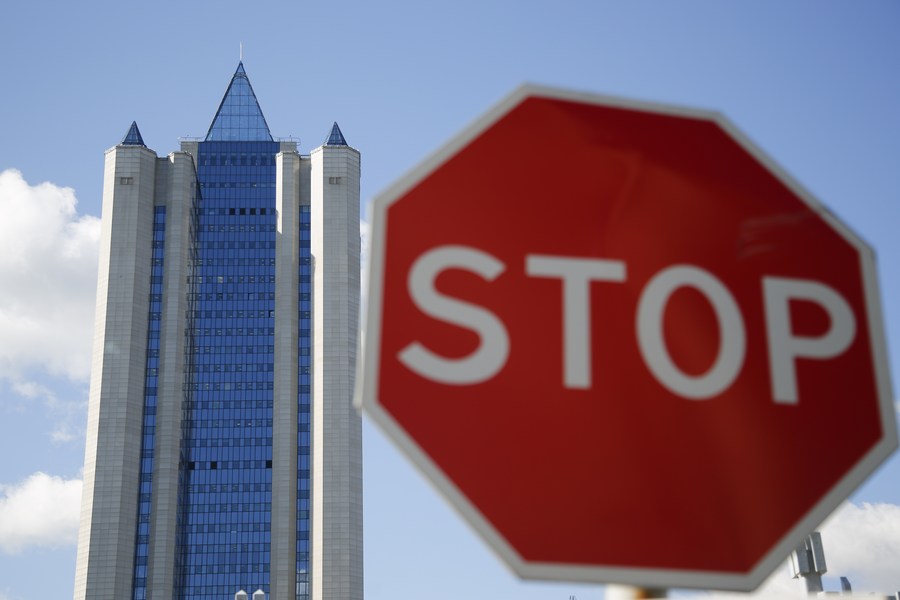Prolonged conflict batters economies of Russia, Ukraine, hinders world recovery


Limited impact on Russia
Since the start of the conflict, Western countries have imposed rounds of finance, trade and energy sanctions, which Russian President Vladimir Putin said were aimed at crushing the Russian economy, wrecking the ruble and provoking devastating inflation.
Analysts say Russia has withstood the impact of sharp ruble depreciation and the departure of Western companies in droves, stabilized the financial system and preserved its economic order. Russia also benefits from selling its energy, which remains in broad demand.
"The contraction in Russia's economy is less severe than earlier projected, reflecting resilience in crude oil exports and in domestic demand with greater fiscal and monetary policy support and a restoration of confidence in the financial system," said the International Monetary Fund in its October World Economic Outlook.
One of the main goals of the Western sanctions was to limit Russia's access to oil and gas markets. But energy prices rose higher, allowing Russia to grow its coffers, said Valery Krutikov, professor of economics at Russia's Kaluga State University.
"This plan has failed. The Russian business community and government bodies worked in a well-coordinated and professional manner, and our citizens displayed unity and responsibility. The government, the Bank of Russia and the Russian regions have stabilized the situation by pooling their efforts," Putin told a government meeting earlier this month.
Putin said that Russia's gross domestic product is expected to contract by 2.5 percent in 2022, much better than a 20 percent decline previously forecast by many Western experts.
After a surge in March and April, inflation has stabilized since May, while the federal budget deficit is expected to remain at a low level of about 2 percent of the GDP this year and next year, he added.

































